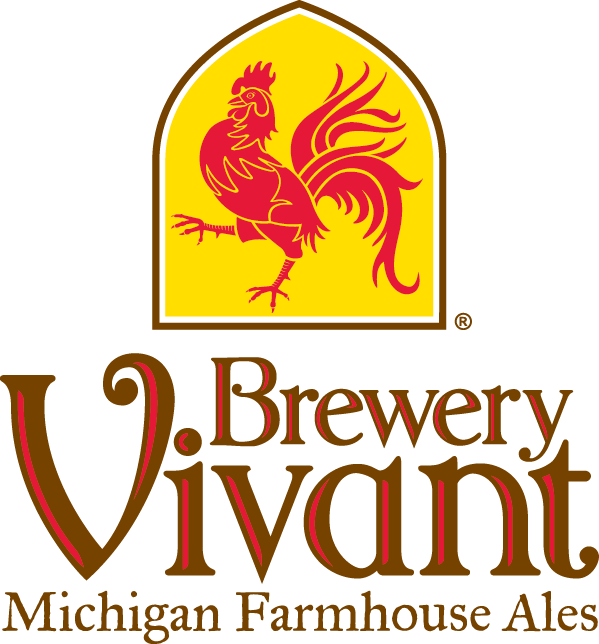



Brewery Vivant and Broad Leaf Brewery & Spirits

Michigan, United States
May 2014
Beverages
Manufacturing
United States
Located in a former funeral home chapel in Grand Rapids, Michigan, Brewery Vivant specializes in farmhouse ales and fare. The core of Brewery Vivant can be found at the crossroads of three passions: A love of the tradition and artistic approach of the farmhouse styles of beers; Running the business according to the three pillars of sustainability; and A focus on sharing the experience of how beer and food can be paired to uplift the enjoyment of both. The word "vivant" translates as "to be alive”. "Bon vivant" (the good life) is often used in reference to people who enjoy eating and drinking well...and that is what Brewery Vivant is all about. Since opening in 2010, Brewery Vivant has published an annual sustainability report titled “Beer the change…” which documents their progress towards their sustainability goals including producing 0 waste, reducing their water and carbon footprints, focusing their spend on Michigan suppliers, donating 1% of sales and volunteering more than 400 hours annually to local community partners. In 2019, the Vivant family opened a second location in neighboring Kentwood, Broad Leaf Local Beer. Broad Leaf maintains the overall company ethos and goals but focuses on a wider range of styles and flavors of beer and food in a more casual setting.
Overall B Impact Score
Governance 16.1
Governance evaluates a company's overall mission, engagement around its social/environmental impact, ethics, and transparency. This section also evaluates the ability of a company to protect their mission and formally consider stakeholders in decision making through their corporate structure (e.g. benefit corporation) or corporate governing documents.
What is this? A company with an Impact Business Model is intentionally designed to create a specific positive outcome for one of its stakeholders - such as workers, community, environment, or customers.
Governance 16.1
Governance evaluates a company's overall mission, engagement around its social/environmental impact, ethics, and transparency. This section also evaluates the ability of a company to protect their mission and formally consider stakeholders in decision making through their corporate structure (e.g. benefit corporation) or corporate governing documents.
What is this? A company with an Impact Business Model is intentionally designed to create a specific positive outcome for one of its stakeholders - such as workers, community, environment, or customers.
Workers 20.3
Workers evaluates a company’s contributions to its employees’ financial security, health & safety, wellness, career development, and engagement & satisfaction. In addition, this section recognizes business models designed to benefit workers, such as companies that are at least 40% owned by non-executive employees and those that have workforce development programs to support individuals with barriers to employment.
Community 27.3
Community evaluates a company’s engagement with and impact on the communities in which it operates, hires from, and sources from. Topics include diversity, equity & inclusion, economic impact, civic engagement, charitable giving, and supply chain management. In addition, this section recognizes business models that are designed to address specific community-oriented problems, such as poverty alleviation through fair trade sourcing or distribution via microenterprises, producer cooperative models, locally focused economic development, and formal charitable giving commitments.
What is this? A company with an Impact Business Model is intentionally designed to create a specific positive outcome for one of its stakeholders - such as workers, community, environment, or customers.
Environment 16.1
Environment evaluates a company’s overall environmental management practices as well as its impact on the air, climate, water, land, and biodiversity. This includes the direct impact of a company’s operations and, when applicable its supply chain and distribution channels. This section also recognizes companies with environmentally innovative production processes and those that sell products or services that have a positive environmental impact. Some examples might include products and services that create renewable energy, reduce consumption or waste, conserve land or wildlife, provide less toxic alternatives to the market, or educate people about environmental problems.
Customers 0.8
Customers evaluates a company’s stewardship of its customers through the quality of its products and services, ethical marketing, data privacy and security, and feedback channels. In addition, this section recognizes products or services that are designed to address a particular social problem for or through its customers, such as health or educational products, arts & media products, serving underserved customers/clients, and services that improve the social impact of other businesses or organizations.